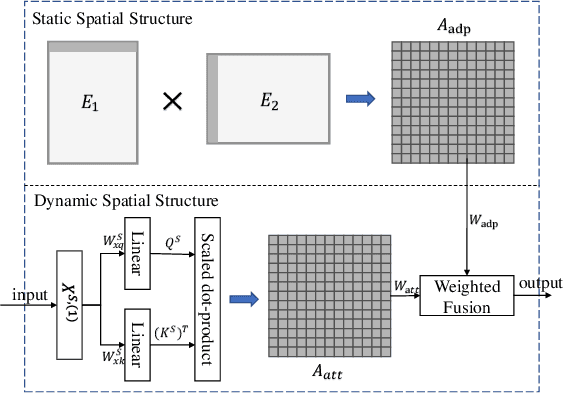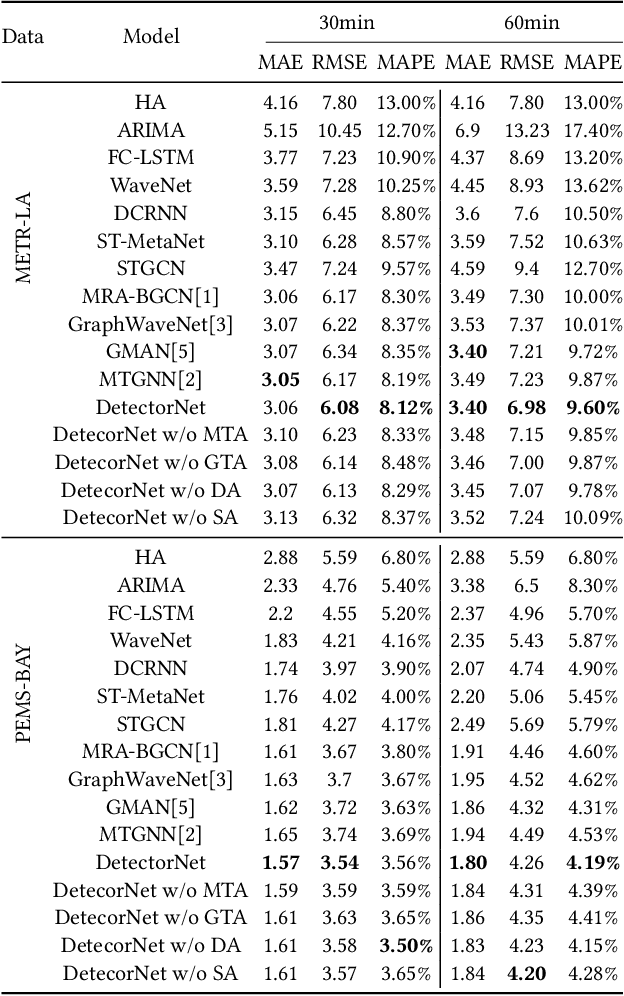Xuejiao Li
Data Issues in Industrial AI System: A Meta-Review and Research Strategy
Jun 22, 2024



Abstract:In the era of Industry 4.0, artificial intelligence (AI) is assuming an increasingly pivotal role within industrial systems. Despite the recent trend within various industries to adopt AI, the actual adoption of AI is not as developed as perceived. A significant factor contributing to this lag is the data issues in AI implementation. How to address these data issues stands as a significant concern confronting both industry and academia. To address data issues, the first step involves mapping out these issues. Therefore, this study conducts a meta-review to explore data issues and methods within the implementation of industrial AI. Seventy-two data issues are identified and categorized into various stages of the data lifecycle, including data source and collection, data access and storage, data integration and interoperation, data pre-processing, data processing, data security and privacy, and AI technology adoption. Subsequently, the study analyzes the data requirements of various AI algorithms. Building on the aforementioned analyses, it proposes a data management framework, addressing how data issues can be systematically resolved at every stage of the data lifecycle. Finally, the study highlights future research directions. In doing so, this study enriches the existing body of knowledge and provides guidelines for professionals navigating the complex landscape of achieving data usability and usefulness in industrial AI.
Toward Robust Multimodal Learning using Multimodal Foundational Models
Jan 20, 2024Abstract:Existing multimodal sentiment analysis tasks are highly rely on the assumption that the training and test sets are complete multimodal data, while this assumption can be difficult to hold: the multimodal data are often incomplete in real-world scenarios. Therefore, a robust multimodal model in scenarios with randomly missing modalities is highly preferred. Recently, CLIP-based multimodal foundational models have demonstrated impressive performance on numerous multimodal tasks by learning the aligned cross-modal semantics of image and text pairs, but the multimodal foundational models are also unable to directly address scenarios involving modality absence. To alleviate this issue, we propose a simple and effective framework, namely TRML, Toward Robust Multimodal Learning using Multimodal Foundational Models. TRML employs generated virtual modalities to replace missing modalities, and aligns the semantic spaces between the generated and missing modalities. Concretely, we design a missing modality inference module to generate virtual modaliites and replace missing modalities. We also design a semantic matching learning module to align semantic spaces generated and missing modalities. Under the prompt of complete modality, our model captures the semantics of missing modalities by leveraging the aligned cross-modal semantic space. Experiments demonstrate the superiority of our approach on three multimodal sentiment analysis benchmark datasets, CMU-MOSI, CMU-MOSEI, and MELD.
DetectorNet: Transformer-enhanced Spatial Temporal Graph Neural Network for Traffic Prediction
Oct 19, 2021



Abstract:Detectors with high coverage have direct and far-reaching benefits for road users in route planning and avoiding traffic congestion, but utilizing these data presents unique challenges including: the dynamic temporal correlation, and the dynamic spatial correlation caused by changes in road conditions. Although the existing work considers the significance of modeling with spatial-temporal correlation, what it has learned is still a static road network structure, which cannot reflect the dynamic changes of roads, and eventually loses much valuable potential information. To address these challenges, we propose DetectorNet enhanced by Transformer. Differs from previous studies, our model contains a Multi-view Temporal Attention module and a Dynamic Attention module, which focus on the long-distance and short-distance temporal correlation, and dynamic spatial correlation by dynamically updating the learned knowledge respectively, so as to make accurate prediction. In addition, the experimental results on two public datasets and the comparison results of four ablation experiments proves that the performance of DetectorNet is better than the eleven advanced baselines.
 Add to Chrome
Add to Chrome Add to Firefox
Add to Firefox Add to Edge
Add to Edge